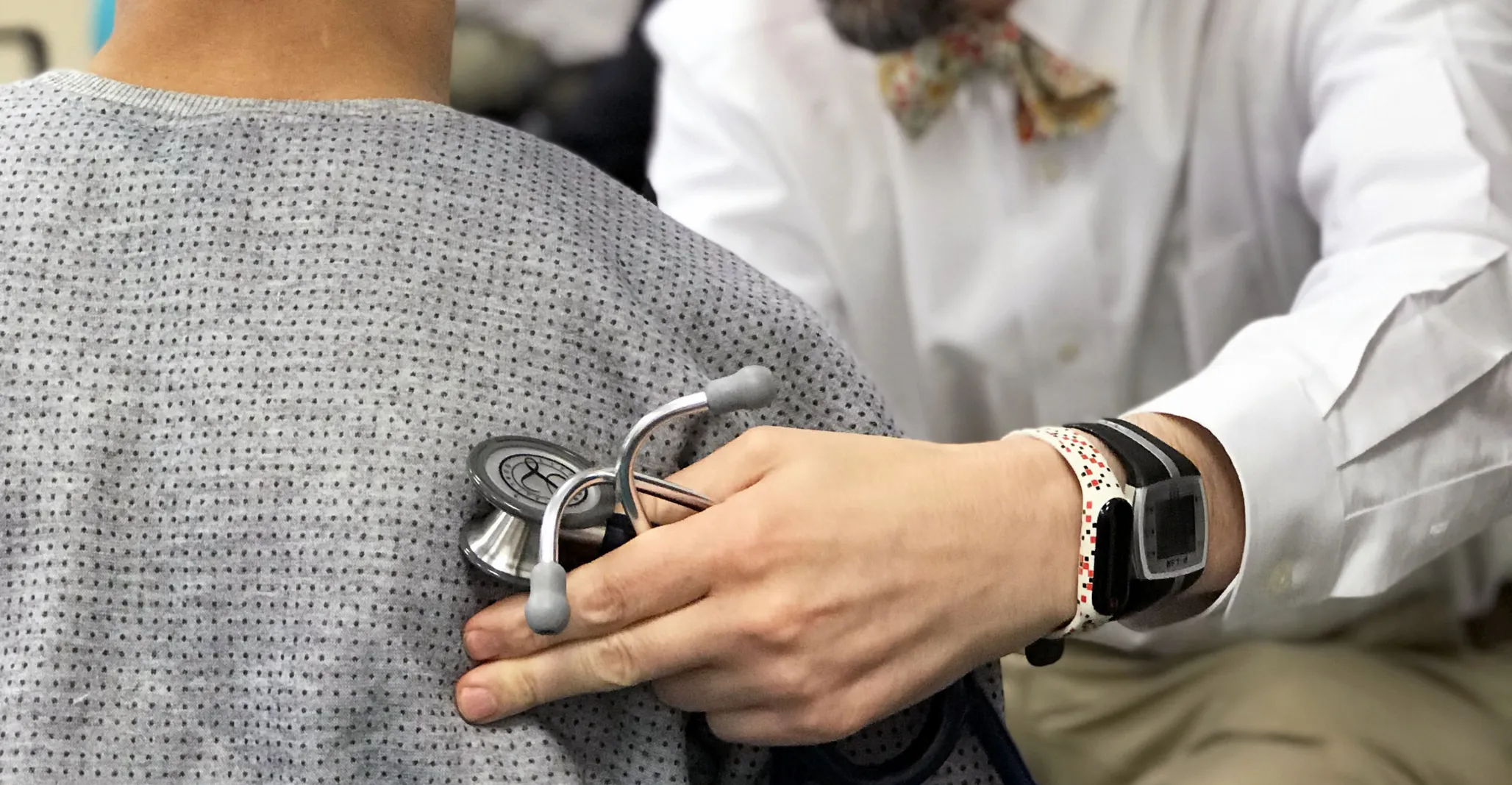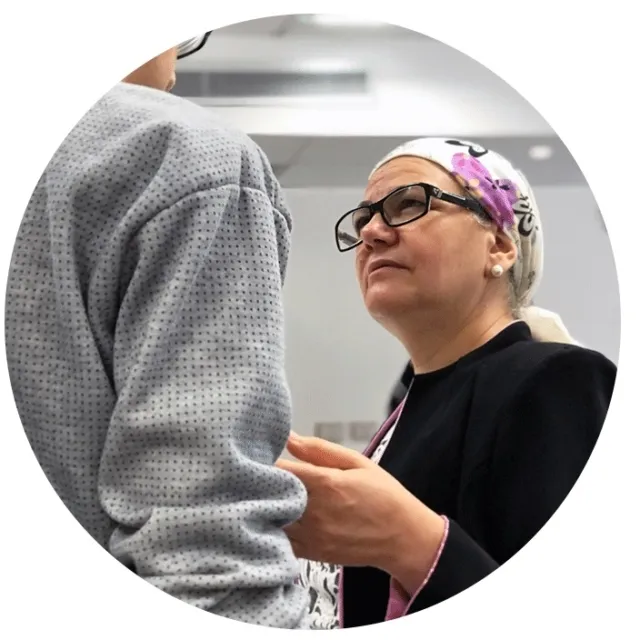

Egypt
Building medical systems, training health workers, and combatting rare disease
The Context
Egypt’s health system is facing a serious health worker shortage and health inequities continue to persist as many struggle to access care. The population is rapidly expanding while health workers resign and/or leave the country at alarming rates.
The World Health Organization estimates that Egypt has half the doctors, nurses, and midwives it needs to ensure access and quality.
Noncommunicable diseases (NCDs) are the leading cause of death in Egypt, the country has one of world’s largest populations (per capita) of people living with obesity, and is home to the largest population of people living with the severe and rare genetic disorder Gaucher disease, which can be fatal without treatment.
Our Impact
Project HOPE works closely with Egypt’s Ministry of Health and Population, as well as local health workers, to strengthen local health systems, educate health workers, and improve care for people living with NCDs.
Building Health Systems
Project HOPE has reached thousands of health care workers through our work developing the National Training Institute in Cairo, providing health workers with specialty trainings in emergency medicine, trauma, infection control, family medicine, HIV/AIDS care and treatment, and diabetes care and treatment.
Treating Rare Diseases
Gaucher disease, a rare genetic disorder, causes the buildup of fatty cells in the liver, spleen, bone marrow, and nervous system. The disease occurs in up to 1.5 in 100,000 births in the general population and affects more people in Egypt than any other country worldwide.
Since 1999, Project HOPE and Sanofi Genzyme’s Gaucher Initiative has contributed to substantial treatment improvements. We’ve trained more than 500 health workers, enrolled more than 300 patients, and are supporting ongoing treatment for 136 patients at seven university children’s hospitals across the country. This program provides essential, lifesaving medicines, educational resources, and support for families affected by Gaucher’s disease.
Reducing Noncommunicable Diseases
Noncommunicable diseases (NCDs) are the leading cause of death in Egypt, with cancer, diabetes, cardiovascular diseases, and other NCDs accounting for 82% of deaths. Tobacco use, alcohol abuse, unhealthy diet, and lack of physical activity are four key factors contributing to the rise in NCD threats, with 23% of adults in Egypt smoking and 1 in every 3 people living with obesity. Project HOPE trains and equips health workers in health facilities, university hospitals, and the Ministry of Health and Population with the tools they need to prevent, treat, and manage NCDs.

Gaucher Initiative Saves Young Lives, Advances Treatment
Project HOPE and Sanofi Genzyme have worked together for 25 years on the Gaucher Initiative — a partnership to provide quality treatment to and improve the lives of young patients in Egypt living with Gaucher disease, a rare and severe genetic disorder.
Our History in Egypt
Project HOPE’s work in Egypt began in 1975 when Egyptian First Lady Jehan Sadat requested medical training support for the Al Wafaa Wal Ama Comprehensive Rehabilitation Center.
In the 1980s and ‘90s, Project HOPE led several training initiatives to help build the nation’s health workforce. Our teams developed a Master’s Degree in Nursing program at Cairo University, a curriculum for a Nursing diploma, and a variety of other training programs, including biomedical engineering and emergency medical trainings.
In 2000, with support from our partner Pfizer, we helped to develop the National Training Institute in Cairo. Since then, the Institute has been providing health workers with advanced, specialized training to improve the quality of health care in Egypt.

